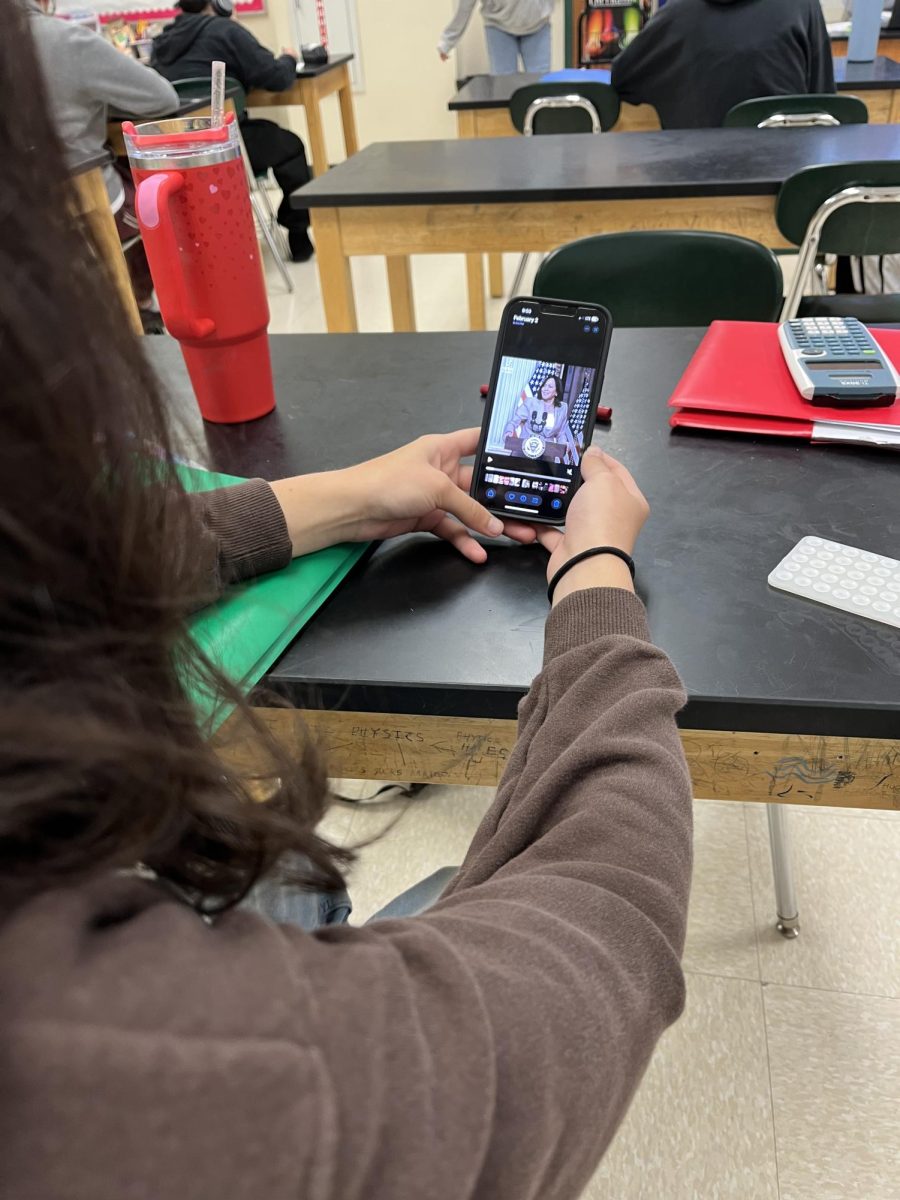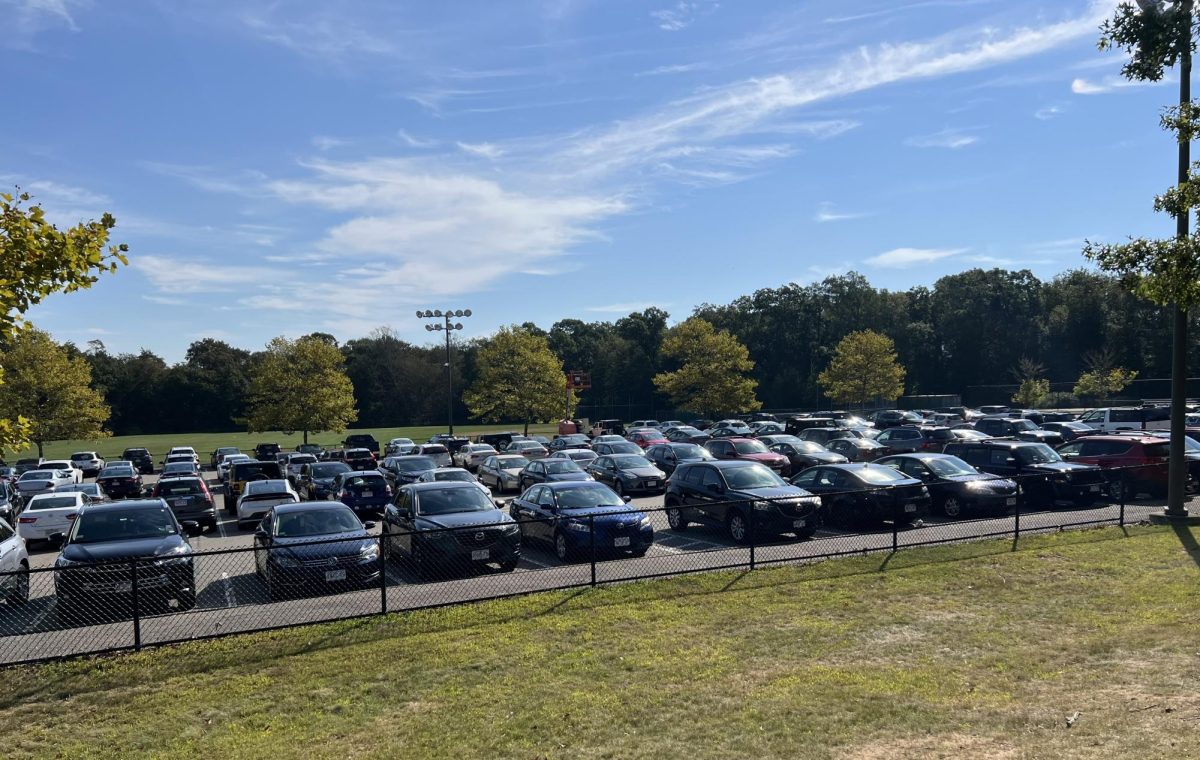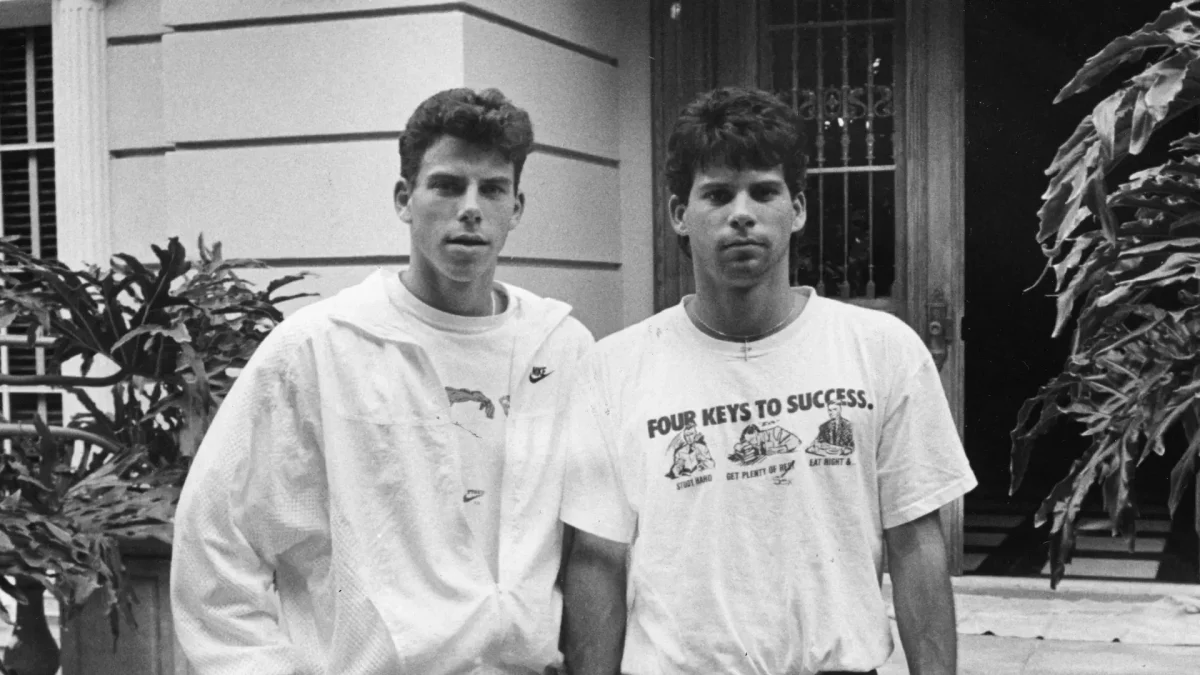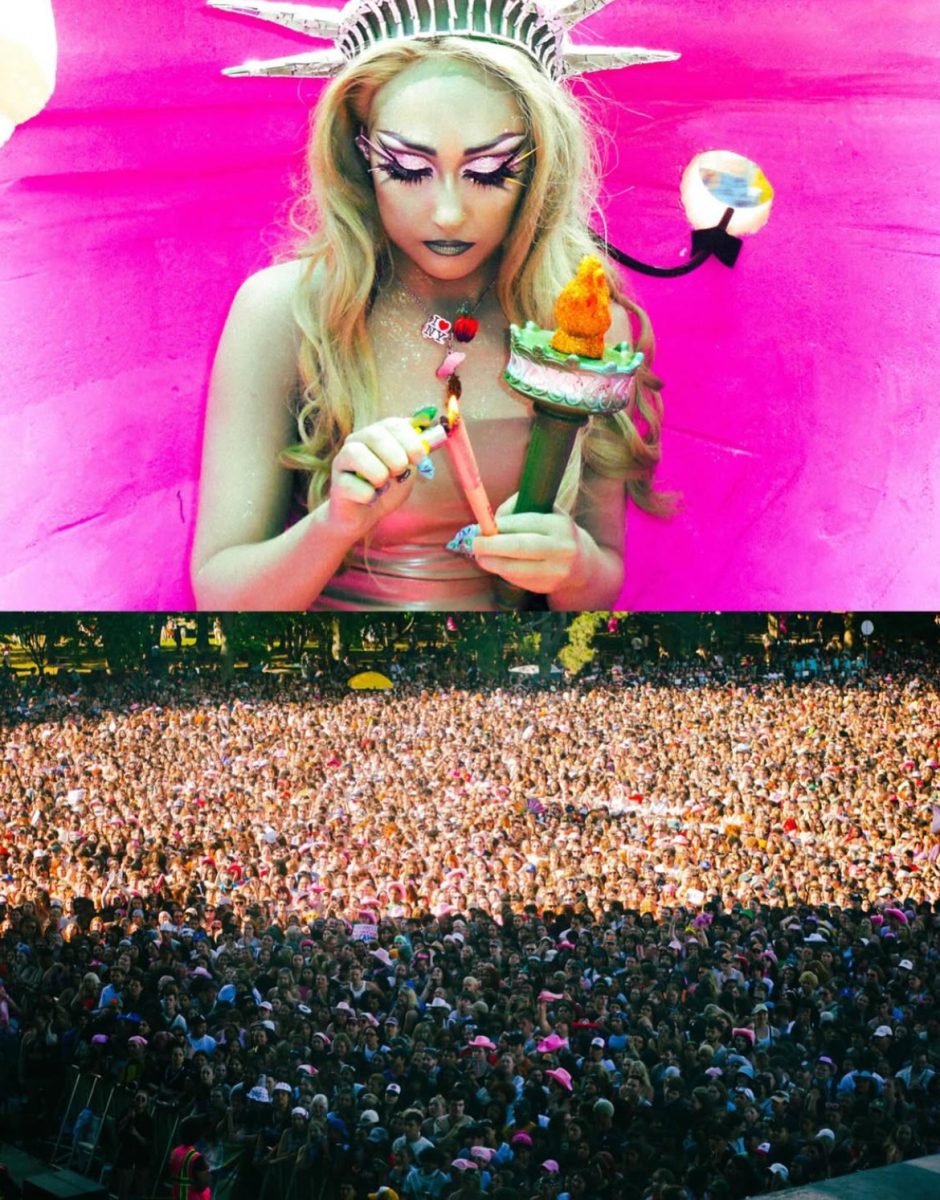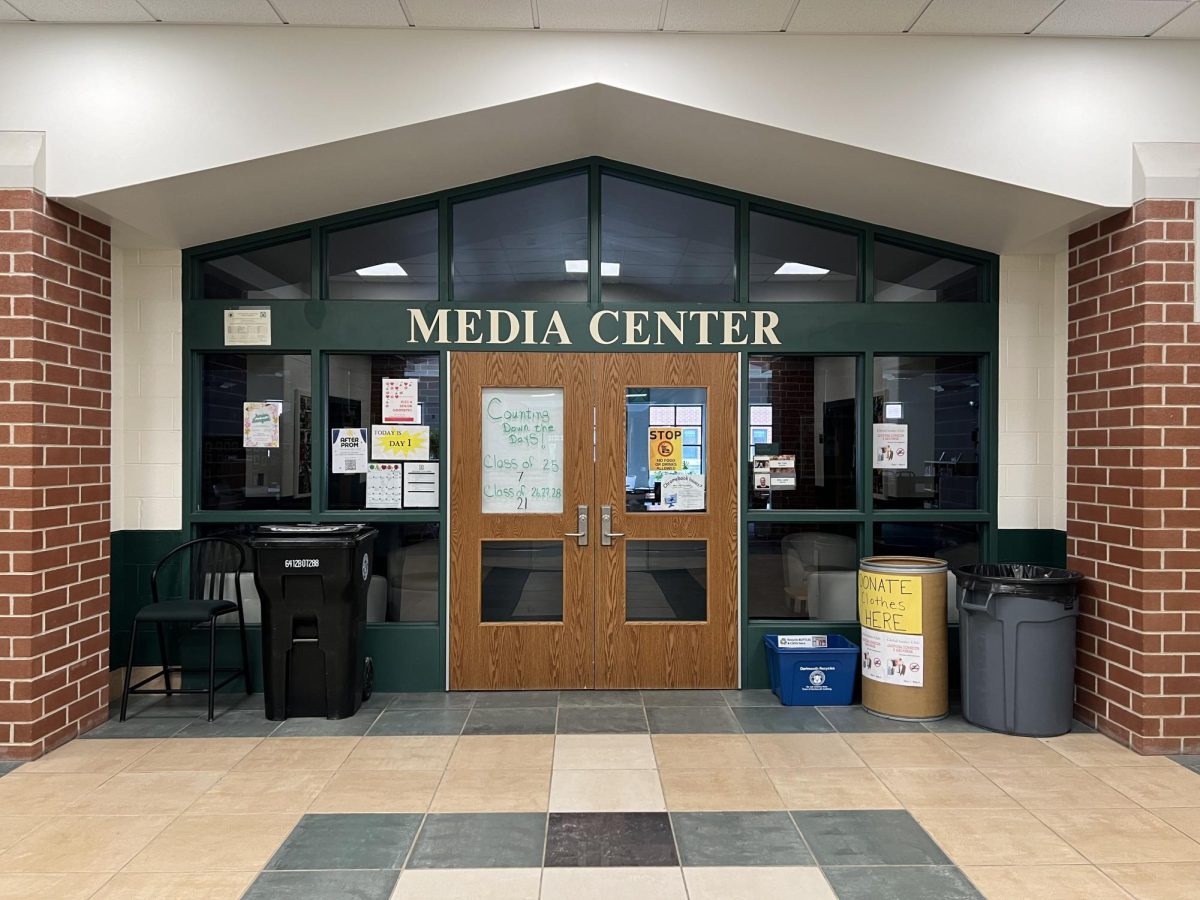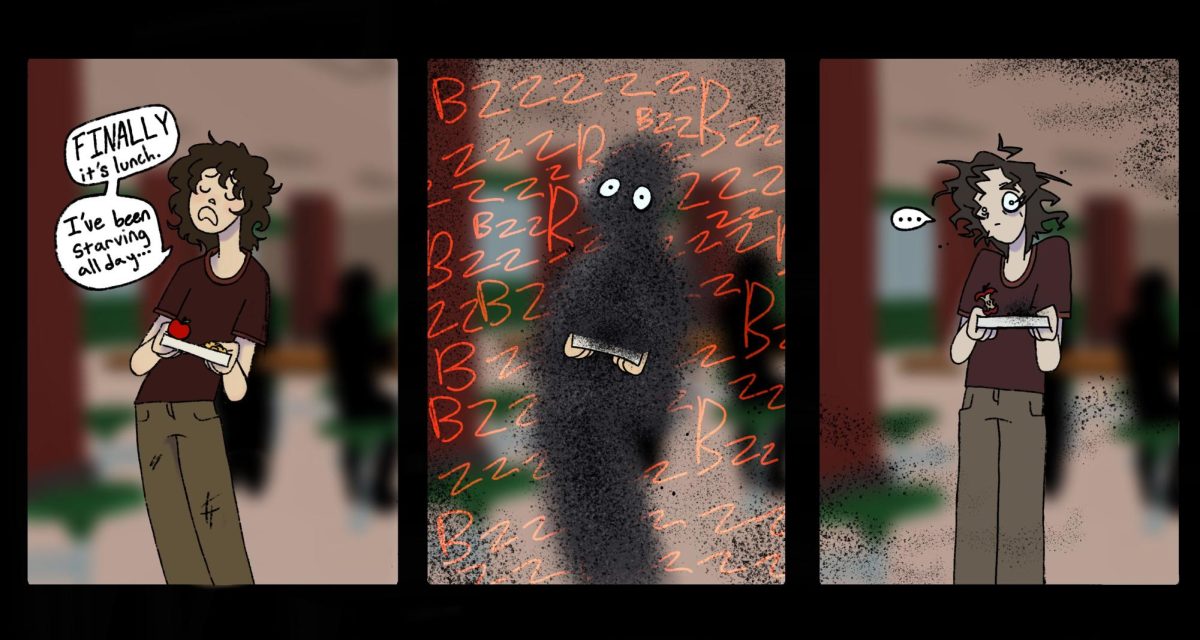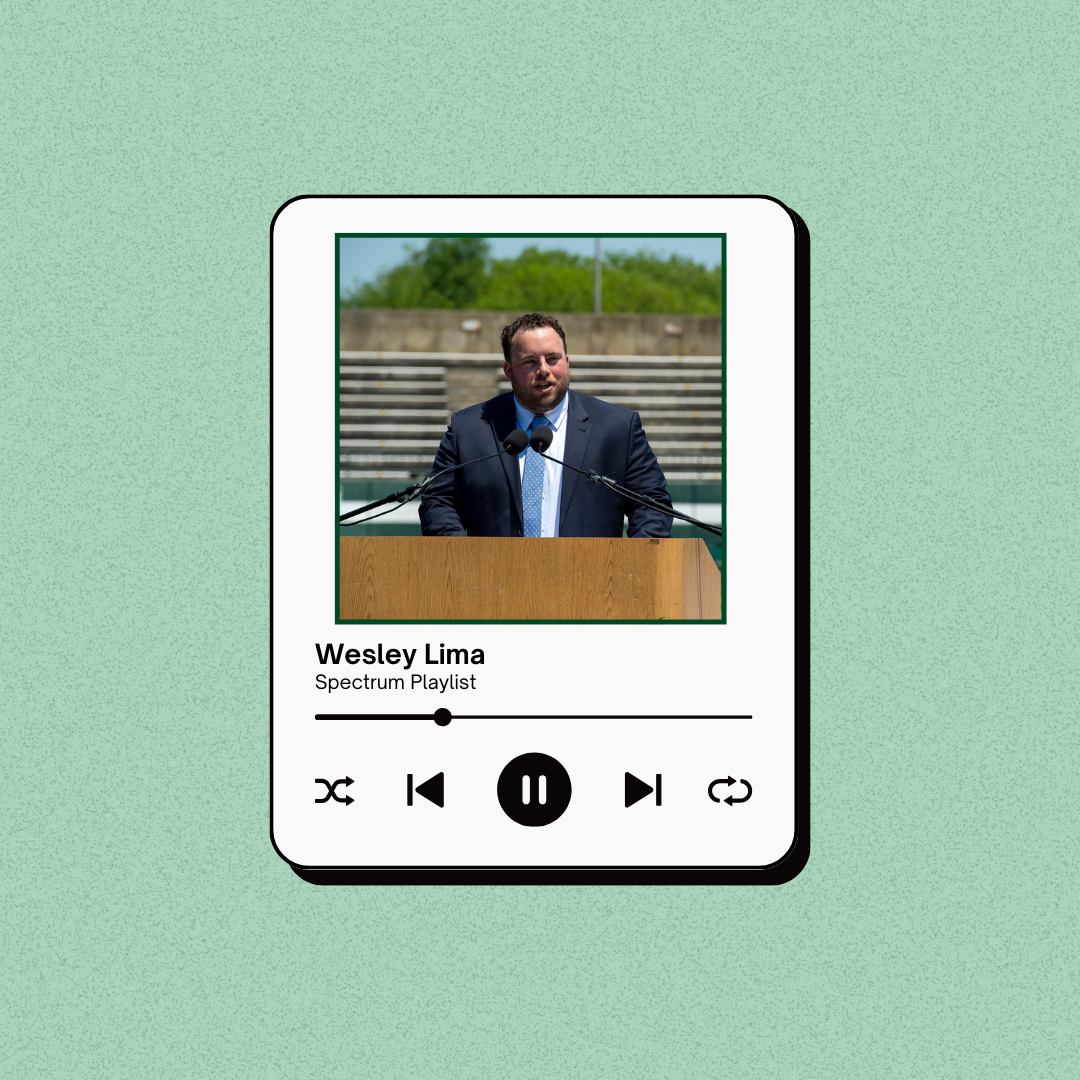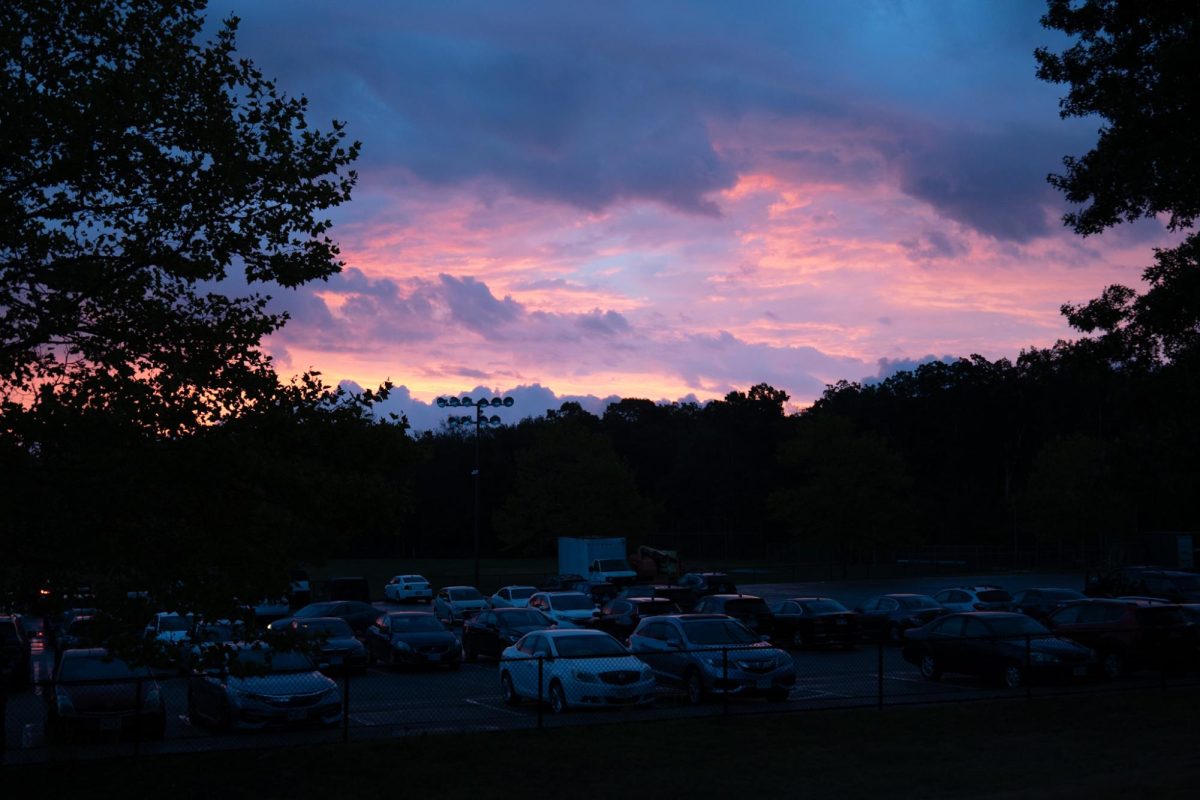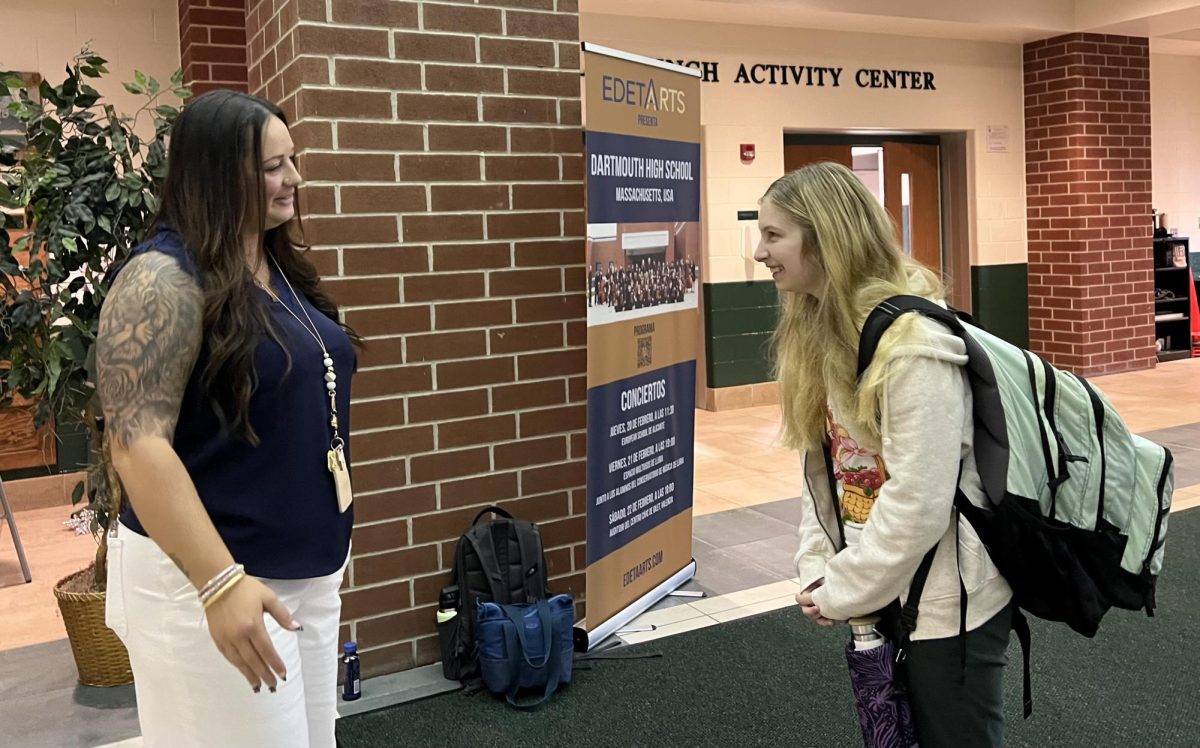During the 2024 presidential election, we all saw an intensification of change in American culture, a long-developing change. Politics dominated social media.
Now, we saw this in the 2020 election, even the 2016 election, but not to the same magnitude as we saw last year. Not only were people now using “older” platforms to spread political views like Facebook, X (formally known as Twitter), and others, but now people were using TikTok, a platform consisting of 63% of adolescents, ages 13-17. More and more young people started to get involved in politics, as we even still see today, but this involvement was limited and was heavily influenced by social media platforms and misinformation.
Let’s forget about our own beliefs for a second and focus on facts. People tend to keep the same beliefs as their parents, maybe not all, but many do. Blindly following in the footsteps of your parents, specifically politically, can be a very dangerous thing. Your political beliefs should be dictated by your values, what you believe, what you think is fair and important. Instead when people blindly follow anyone, they are throwing away their actual beliefs and compromising their integrity.
If you actually research a topic and form your own opinion on the subject and it happens to be the same as your parents, this is a completely different thing. There is not an issue with having corresponding beliefs with your parents, but rather in blindly following your parents footsteps without needing to be convinced.
In addition, people often go along with a specific party’s beliefs even if they contradict that person’s personal beliefs. This is called party-line voting—though it could be argued that this is less of a youth issue and more of a cultural issue. An example of party-line voting is, if someone is a Democrat but in an election they seem to resonate more with the Republican candidate, it is common for this person to still vote for the Democratic candidate. This issue is similar to the issue of following your parents’ footsteps: both result in inaccurate appointments to office. But I digress.
Similarly, social media has a large impact on the youth and their view of politics. With TikTok being a vessel where many have decided to spread their political beliefs, multiple issues arise. To start with, social media tends to focus on the new and flashy subject. In this case it is the president. As a society we over-glorify the role of the president, giving more power to the person who holds that title than many even want to give. By giving this type of attention, we sensationalized the issues involving the president but let other critical issues, such as local elections and Supreme Court cases, fall to the wayside.
Obviously issues involving the president are extremely important and do heavily impact the world we live in. However, many young people tend to only talk about the personality of a presidential candidate and less about the bills being debated in stage legislatures or important congressional appointments. This is an issue. Not only does this give the president more power socially and more power during elections when they are running, but it also allows for other parts of the government to get away with doing other things because they aren’t in the limelight. In addition to this, by viewing political figures through the lens of social media, people tend to over-catastrophize about things that are being said online. Is it important to talk about politics, yes, but it is also important to focus on the actual facts and less of opinions.
Many of you may have used TikTok or other social media platforms to get your news. However, as we know, this information is often heavily biased and inaccurate. A junior at DHS said that he gets his news from “just TikTok.” This is not a one and done case. Many, myself included, will admit to using social media as a way to stay informed. This is not to say that social media can’t be used as a news outlet, but if you are using it in such a way there has to be limits and you must take precautions.
If you see something on social media, rather than repost it immediately, take a moment or two to look into the subject if you truly feel passionate about it. This helps stop the spread of misinformation and is consequently aiding in you being well-informed and accurate in this particular subject area. However, many do not do this and end up just believing the information that they see without doing much fact-checking.
As previously stated, social media not only affects youth culture but also political atmospheres. Look at the 2024 election, for example. Both of the major candidates, Donald Trump and Kamala Harris, went on famous podcasts in order to reach a totally new demographic, a large percentage being people in their 20s. Donald Trump’s appearance on The Joe Rogan Experience podcast, which tends to heavily lean conservative, and Kamala Harris’s appearance on the Alexandra Cooper’s Call Her Daddy podcast, which tends to lean more liberal, increased the amount of social media attention this particular election was getting, specifically from people on the younger side of things who had previously not been as active in politics.
Not only did these podcasts influence young eligible voters, but it also influenced the beliefs of future voters. These podcasts, as well as the TikTok pages for the Democrat and Republican parties, were able to connect with the youth by speaking our language. Using “brainrot” terms and jokes, the Democrat TikTok page even went as far as to make literal edits of Kamala Harris to popular audios. This appealed to many young people because it allowed them to feel seen and understood instead of shamed for being so chronically online, an appeal that talk shows and the news seem to lack.
These influencers on social media, such as Alex Cooper and Joe Rogan—whose shows are the two most streamed podcasts on Spotify at the moment—have a large audience of teens watching their content. Call Her Daddy is the second most listened to podcast by women ages 18-29, while 56% of Rogan’s listeners are between the ages of 18 and 34. Therefore, when they post this political content, they’re potentially giving teenagers and new voters their first glimpse into politics.
On top of that, these platforms are creating misinformation due to a lack of fact-checking on their part. Is it important for young people to play an active role in politics, absolutely, but it is also important for them—us—to check sources and make sure we truly understand a person’s beliefs before instilling blind support.
We, as young people, need to focus on politics all the time, not just when they seem to be popular on social media. Even if we don’t think it impacts us now, it will one day. The actions of administrations now will be what we are left with when we are eligible to vote. This is why it is so important to stay informed and to form your own personal beliefs. This is not about what political party is right and which is wrong; this is about not blindly supporting a political figure because of something outside of your own personal opinions.

